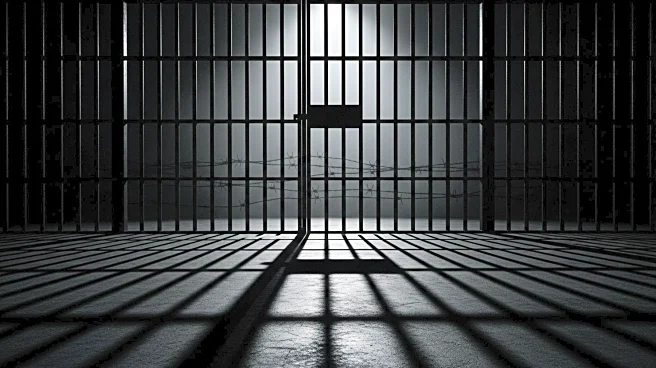What is the story about?
What's Happening?
Iran has reportedly intensified its repressive measures following a recent conflict with Israel. Scholars have noted a significant increase in executions, drawing parallels to the 1988 prison massacres. Iranian authorities claim to have arrested 21,000 individuals, while rights groups highlight a surge in hangings and an internet blackout. The situation has raised concerns about human rights violations and the government's approach to dissent.
Why It's Important?
The escalation in repressive actions by Iran has significant implications for human rights and regional stability. The increase in executions and arrests may exacerbate tensions within the country and with international communities. Human rights organizations are likely to scrutinize Iran's actions, potentially leading to diplomatic consequences. The situation could impact Iran's relations with other nations, especially those advocating for human rights and democratic principles.
What's Next?
International human rights organizations may increase pressure on Iran to address these repressive measures. Diplomatic efforts could be initiated to encourage Iran to adhere to international human rights standards. The Iranian government may face growing internal and external criticism, potentially influencing its future policies and actions.
Beyond the Headlines
The intensification of repression in Iran highlights broader issues of governance and civil liberties in the region. It raises ethical questions about the balance between national security and individual rights. The situation may also influence cultural and societal dynamics within Iran, as citizens navigate increased government control.















